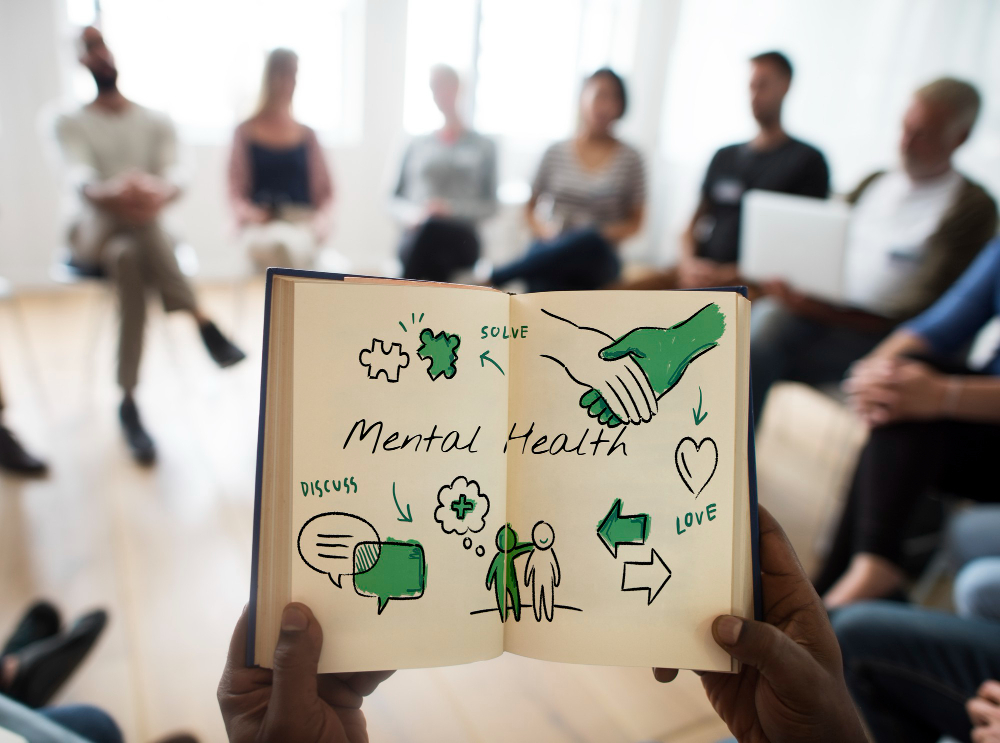Mental Health Significance By Brody Walsh
Ask a man if he’s healthy and he may answer with some comment about his size, he might brag about his prowess, or complain about his bad knees. When we talk about health, so often we assume it references only the physical. Especially with men, there is a tendency to let an equally important element of one’s well-being fall by the wayside: mental health. With June comes National Men’s Health Month, and it’s a great opportunity for us to bring attention to the issues that surround men’s mental health and our approach to those who may be struggling with mental
health issues.
There are some troubling statistics when it comes to how men handle their mental health. Not only are they less likely to seek out treatment, but they are also underdiagnosed when it comes to common mental health conditions like depression and anxiety. These tendencies often result in worse outcomes for men who are struggling with mental health issues. Compared to women, men are more likely to turn to harmful coping mechanisms like drugs or alcohol and are also more likely to take their own life. These terrible outcomes are why it is so important to raise awareness for men’s mental health and peel back the stigma around seeking help.
The stigma around mental health is by no means limited to men, often, those who struggle with mental illness suffer from social norms established long before we understood mental illness and its consequences. However, men are also subject to outdated ideas of masculinity and gender roles. They hesitate to reach out for fear of seeming weak or emotional. Suffering in silence will often only exacerbate problems or increase the chances of one turning to harmful coping mechanisms like drugs or alcohol. So, in approaching this issue, it is important to acknowledge the strength it takes to reach out and be honest about the struggles of dealing with mental illness. Fundamentally, the only way to combat the outdated stigmas surrounding mental health and gender roles is to normalize seeking help and allow safe spaces for people of all genders to share honestly their struggles.
Our understanding of mental illness grows by the day, but knowledge alone cannot combat the deeply ingrained preconceptions our culture proliferates surrounding mental health and gender. Take care in how you speak on mental illness, and be mindful of those around you, and slowly we can outgrow the old-world attitudes that make mental health so difficult for so many to approach. To ask for help is not a sign of weakness, but a sign of strength, and allowing those around us to be vulnerable without fear of judgment will go a long way in peeling back the harmful stigmas around these issues. Mental health is as important as the physical, and helping people understand that is a great way to celebrate Men’s National Health Month.

